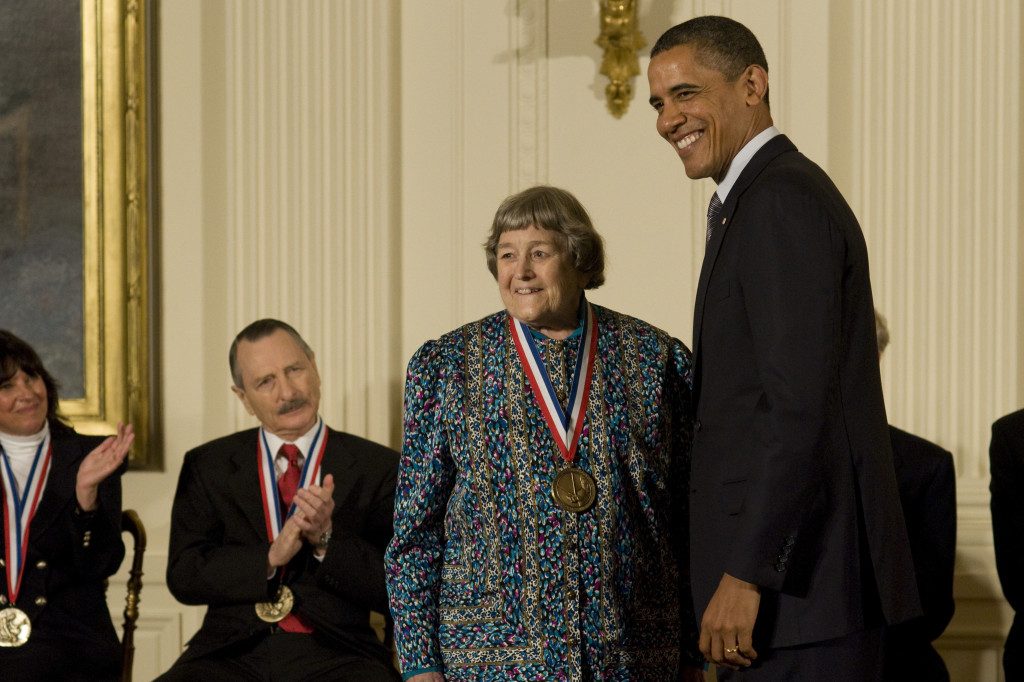
Getting to the bottom of the Yvonne Brill memorial scandal
By Angela Espinoza, Arts Editor
Canadian rocket scientist Yvonne Brill sadly passed away on March 27 due to breast cancer at the age of 88. Brill’s enhancements of propulsion systems and inventions, some of which are still used today, have secured her as one of the great scientific minds of the past century. Unfortunately, while this should be a time to mourn and celebrate a great person, Brill’s accomplishments in her lifetime have not been making the headlines. In place of these accomplishments, you’ll find the highlight of these stories has been her beef stroganoff—or, at least, the outrage of it.
To clarify, the Winnipeg-born Brill spent much of her working life in the US, having most recently been a resident of New Jersey. As such, Douglas Martin of The New York Times felt obliged to write a loving obituary in Brill’s memory, which was published on March 30. The following is what the opening of this obituary originally read:
“She made a mean beef stroganoff, followed her husband from job to job, and took eight years off from work to raise three children. ‘The world’s best mom,’ her son Matthew said.
But Yvonne Brill, who died on Wednesday at 88 in Princeton, NJ, was also a brilliant rocket scientist, who in the early 1970s invented a propulsion system to help keep communications satellites from slipping out of their orbits.”
Within the next day, there was a public outcry against the offensive intro. The Times edited the piece so that, “She was a brilliant rocket scientist,” now replaced, “She made a mean beef stroganoff.” The rest of the article otherwise reads as it was, which, to be fair, is a respectful and detailed account of Brill’s career and family life. (Her son Matthew was interviewed for the piece, after all.)
Though there still remains the line, “followed her husband from job to job and took eight years off from work to raise three children,” which is just as unsettling to read. At this point, with all the attention the piece has garnered, the argument is no longer about who Brill was, but how the public should remember her. But the argument doesn’t end there, because now attention also rests on how all women’s careers should be viewed.
What was originally a blind mistake (I hope) has become another painful reminder that no matter what a woman does with her life, she’s just going to be associated with kitchens and family in the end. Rocket science was not Yvonne Brill’s side project, or something her husband assumedly allowed her to do.
What if Brill had never gotten married or had children? Well obviously this is how her obituary would read: “Yvonne Brill was a brilliant rocket scientist who died on Wednesday at 88 in Princeton, N.J. In the early 1970s, she invented a propulsion system to help keep communications satellites from slipping out of their orbits.”
Better question, after all the negative response, why the hell doesn’t it read that way now? Why couldn’t something like, “She was also a loving wife and mother, who took eight years off from work to raise three children before returning,” be the first part of the second paragraph instead?
It’s wonderful that Brill was a good mother who found a way to balance her career and her family life. But I also hope this serves as a reminder that unless she is a chef of some sort, no woman should ever have her obituary start with, “She made a mean beef stroganoff.”
